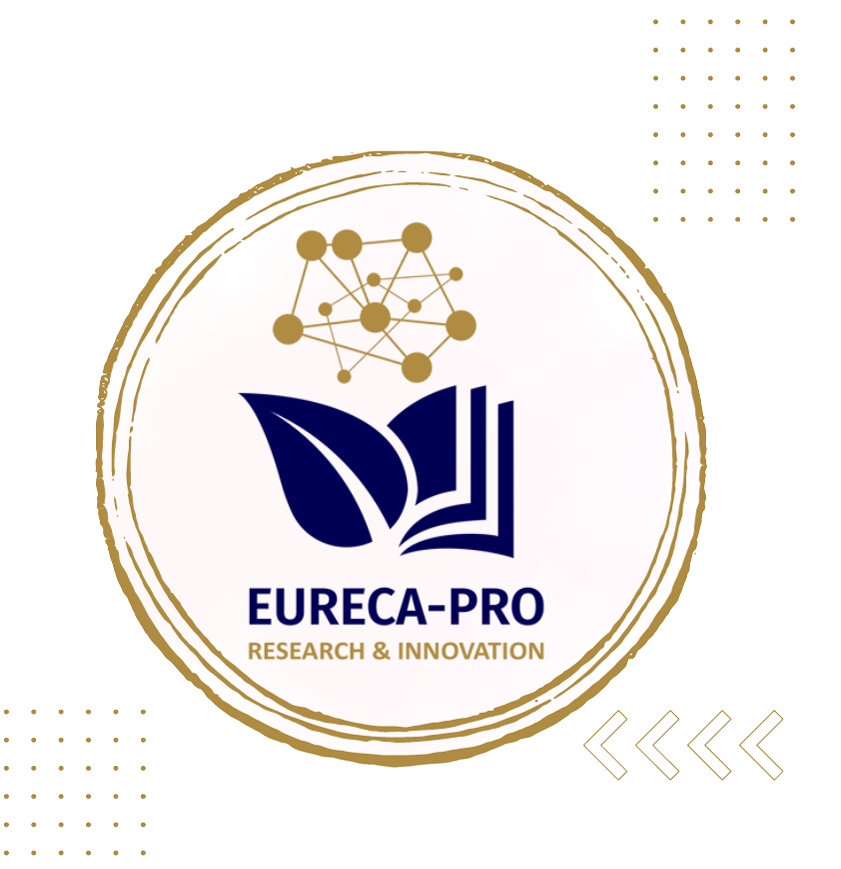Indicators for impact assessment
Action Area 3: New Shared Potential
Deliverable 8.4 | WORK PACKAGE 8: Joint Innovation Structure Utilization Strategy
Technical University of Crete
Contact:
Dr.-Ing. Marios Antonakakis, PhD, WP8 Contributor, TUC
Email address: mantonakakis@tuc.gr
Type: Summary
The focus of Deliverable 8.4 is on developing indicators for impact assessment related to innovation performance within member universities. This involves creating an integrated framework that evaluates resources and outcomes, emphasizing sustainability across economic, social, and environmental dimensions.
The past and current activities include descriptions for 1) current innovation structures highlight common characteristics and differences among the consortium’s universities. Best practices from successful cross-institutional TTO models are considered for improving existing TTOs and developing a common TTO. Objectives include academic institutions acting as innovation hubs, industry engagement, government collaboration, civil society involvement, and media communication. Recommendations for common pilot actions, such as mentorship programs, startup events, and co-creation labs, are provided. 2) pilot actions promote innovative thinking and connect academia with entrepreneurship. Successful examples include “mentorship programs” and “Startup Coffee” events, which engage students, mentors, and entrepreneurs in innovative processes. Guidelines for designing a common TTO structure emphasize monitoring and evaluation of innovation actions, ensuring sustainability, promoting networking, performing workshops, offering mentorship, and addressing legal and bureaucratic challenges through standardization and harmonization efforts.
To promote new projects and initiatives within the EU, suggestions include utilizing Horizon Europe funding for research consortia, collaborating with the European Patent Office for unified IP management systems, establishing EU-wide training programs and exchange initiatives for TTO staff, creating regulatory sandboxes to test and scale new technology transfer models, and developing public-private partnerships and performance metrics to evaluate TTO performance. Implementing these strategies aims to create a more integrated and efficient technology transfer ecosystem, enhancing innovation and competitiveness across EU member states. This comprehensive approach not only aims to streamline current processes but also sets a foundation for future collaboration and innovation within the European Higher Education Area, in alignment with sustainable development goals.
We invite to download the report:
The content of this summary represents the views of the author only and is his/her sole responsibility. The European Commission and the Agency do not accept any responsibility for use that may be made of the information it contains.



